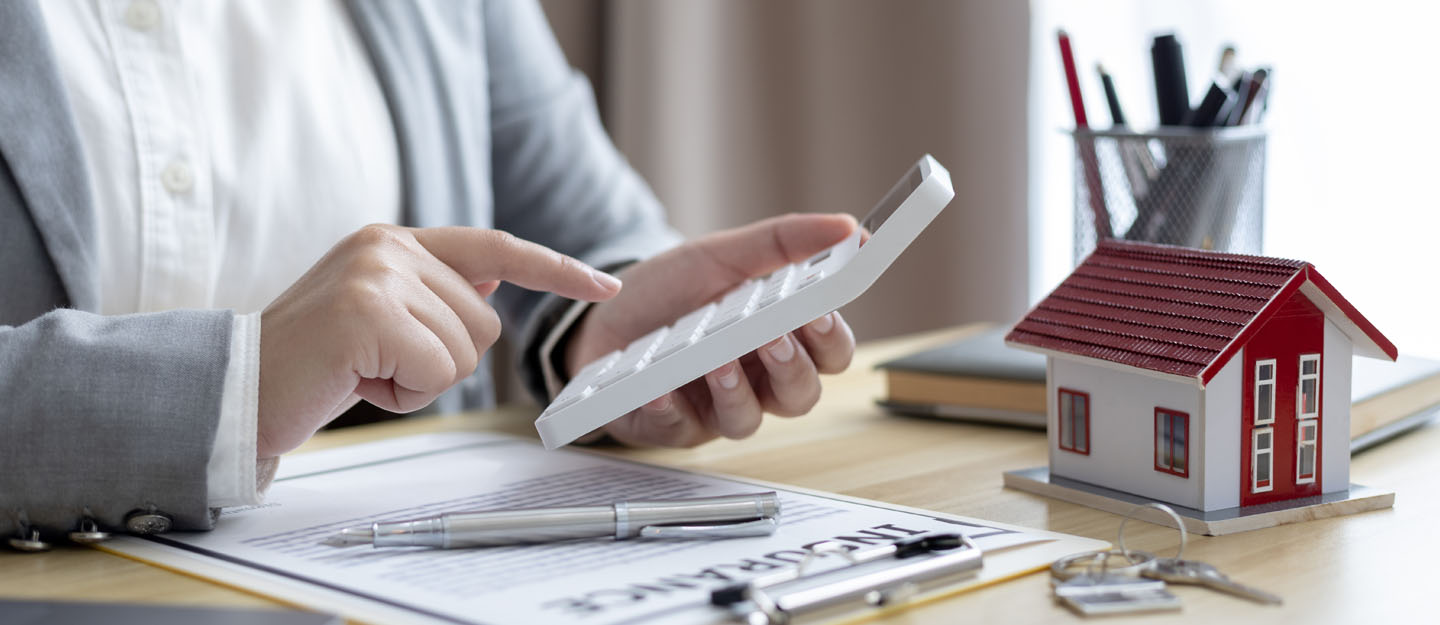
When buying or selling property in Dubai, one question always comes up: How accurate are property valuations? Whether you’re a first-time buyer, seasoned investor, or seller, knowing how valuations are determined—and their reliability—can save you time, money, and stress.
In this guide, we break down the main valuation methods, explain how accurate they are, and highlight what this means for Dubai’s dynamic real estate market.
Why valuation accuracy varies so much
Property valuations aren’t one-size-fits-all. Some automated models deliver impressively precise estimates for typical homes with errors under 2%, while specialized methods for unique or commercial properties can vary widely—sometimes with margins of error up to 30%.
Traditional appraisals still hold the gold standard, often confirming or beating contract prices about 90% of the time. But in Dubai, like other global markets, accuracy depends on many factors: property type, location, data availability, and market conditions.
Savvy buyers and sellers often rely on multiple valuation methods for the most reliable picture.
Traditional appraisals: Trusted but not perfect
Expert human judgment and on-site inspections remain invaluable—especially for unique or luxury properties. The Sales Comparison Approach, which looks at recent sales of similar homes, typically achieves about ±5% accuracy for standard properties.
However, human biases and market timing can affect valuations. Studies in other countries reveal some neighborhoods face systemic undervaluation—a reminder to stay informed and question valuations when needed.
Commercial properties usually require income-based methods, estimating value from rental income and returns. But small changes in assumptions, like capitalization rates, can swing valuations by 20% or more.
Automated Valuation Models (AVMs): Fast and often reliable
Dubai’s tech-savvy market can benefit from Automated Valuation Models, which use big data and AI to estimate values quickly. For typical residential homes, top AVMs worldwide report median errors below 3%, though accuracy drops for off-market or data-sparse areas.
AVMs are most useful when error rates stay below 10%; beyond that, their estimates become less dependable. For commercial and luxury properties, AVMs are less effective due to complexity.
Specialized and hybrid methods for unique situations
For properties like agricultural land, hotels, or developments, valuation requires specialized techniques like Discounted Cash Flow or the Residual Method, which demand detailed financial assumptions and expertise.
Hybrid approaches, combining technology with expert appraisers—such as desktop or bifurcated appraisals—have gained popularity post-pandemic, offering faster valuations without sacrificing too much accuracy.
Location and property type heavily influence valuation accuracy
Suburban single-family homes in well-documented Dubai neighborhoods generally receive the most accurate valuations from both AVMs and traditional appraisals.
Rural or less common properties show higher valuation errors. Commercial and luxury properties demand careful, multi-method valuations.
What this means for Dubai’s real estate buyers and sellers
- Use AVMs for quick estimates on common residential properties.
- For unique, commercial, or luxury properties, rely on professional appraisals and hybrid methods.
- Always seek multiple valuation opinions on high-value transactions.
- Understanding valuation nuances empowers smarter negotiations and investment decisions.
At fäm Properties, we combine cutting-edge technology with expert market knowledge to help you get the most accurate property valuations and real insights. Whether buying or selling, we put transparency and trust at the heart of every deal.
Ready to explore Dubai’s property market with confidence? Contact us today or browse our latest listings to get started.